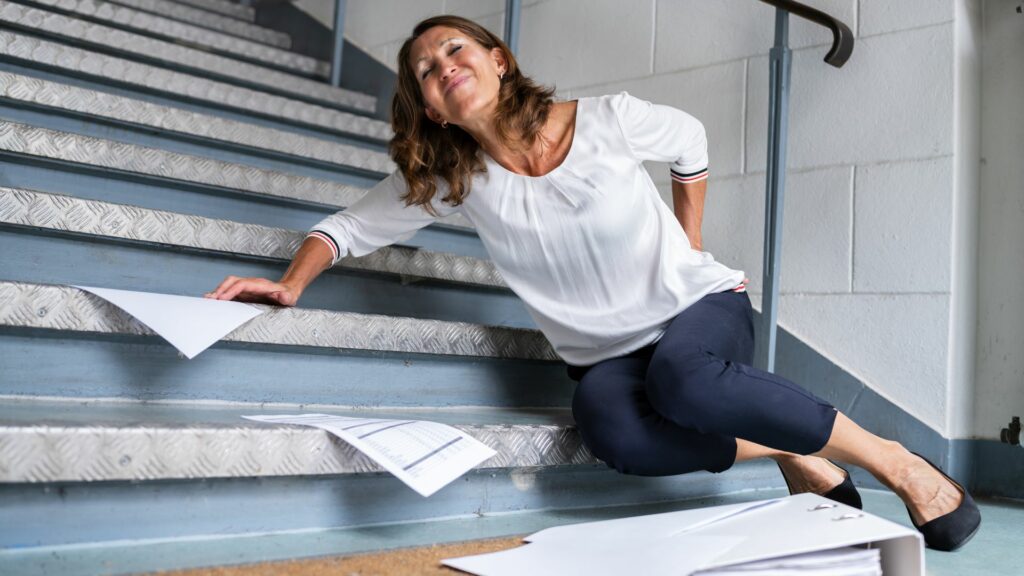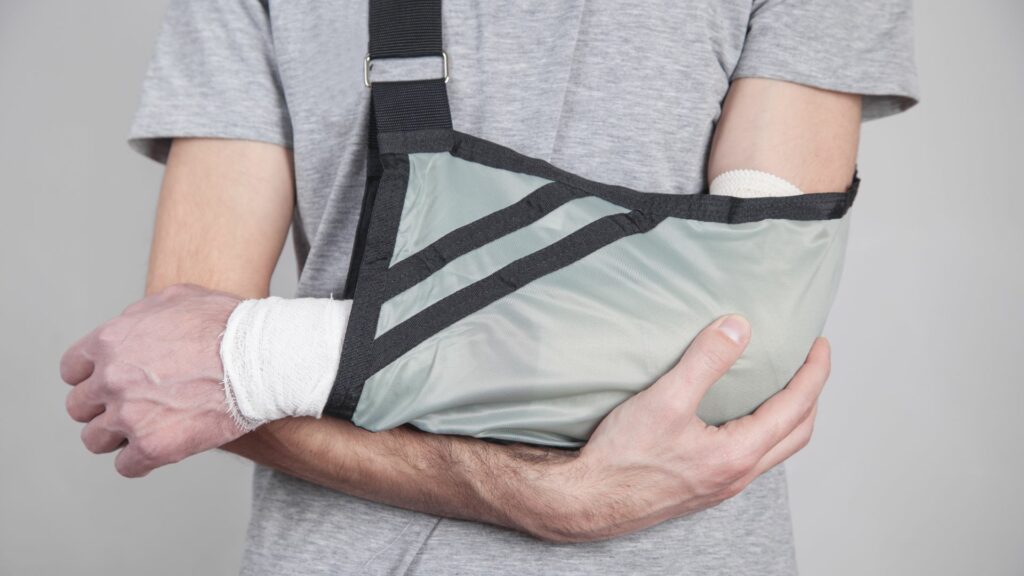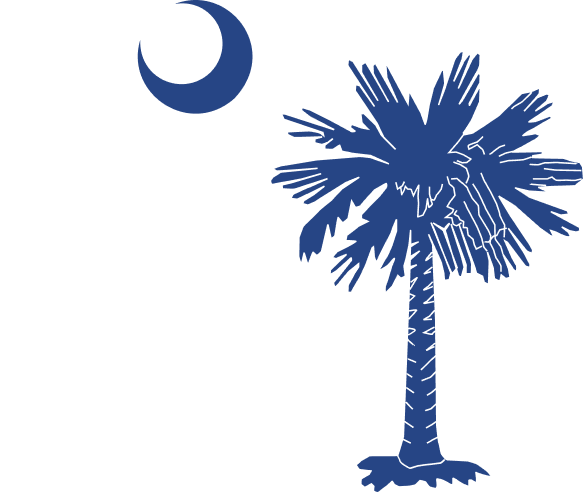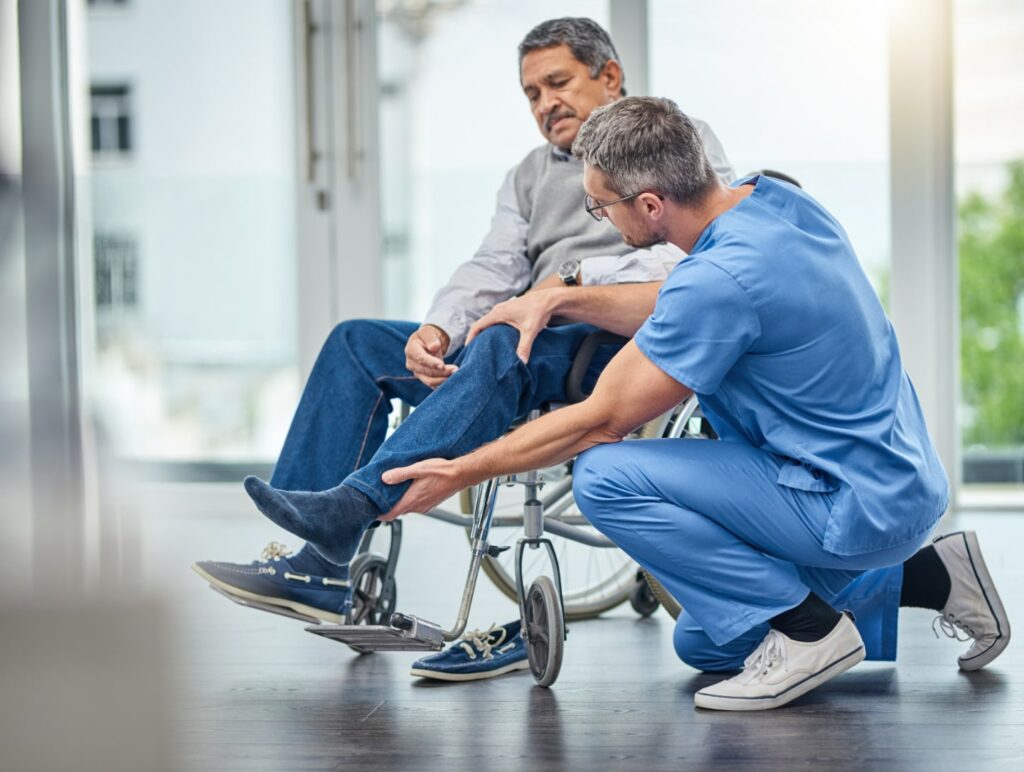Slips, Trips, and Falls
Some of the most common types of premises liability accidents are slips, trips, and falls. These accidents can lead to significant and life-changing injuries. Premises liability accidents happen on someone else’s property, such as in a parking lot, a retail store, restaurant, or any other business held open to the public, or at a private residence. If you are on the property of another for a business purpose, for example shopping in a retail store, your legal status in the property is that of an “invitee.”
If you are on the property for a social purpose, such as at a friend’s house for a party that you were invited to attend, your legal status on the property is that of a “licensee.” Owners and occupiers of property owe legal duties to both invitees and licensees upon their property.



